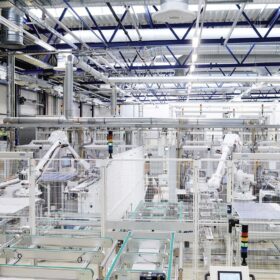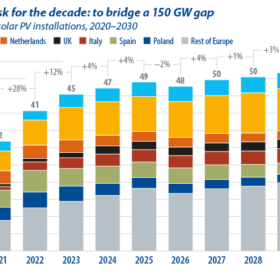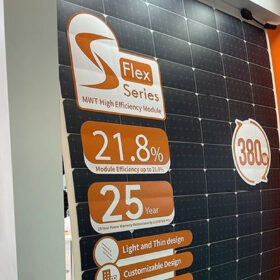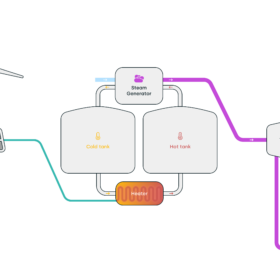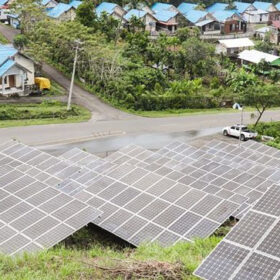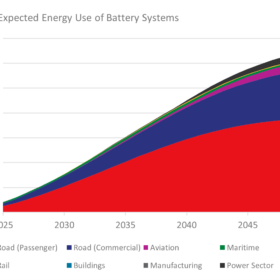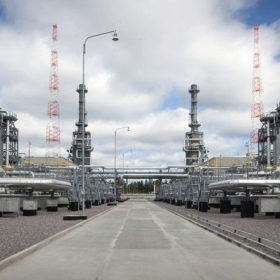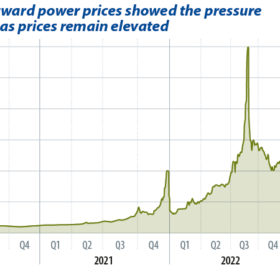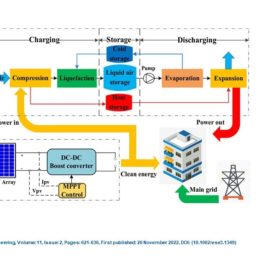Weekend Read: Waiting is not an option
In May 2022, PV experts from around the world convened in Germany for the third Terawatt Workshop. Almost one year later, takeaways from discussions at the workshop – combined with a wide-ranging review of research on decarbonization pathways, energy demand projections, and the state of the art in PV technology – led to the conclusion that 75 TW of installed solar capacity by 2050 was a realistic global target. More than 50 leading PV industry figures recently outlined the opportunity and the challenges that solar will face in reaching this goal.
The year it all changed
The European solar landscape changed forever in 2022 and managing the supply chain, grid, and permitting constraints will be key to a solar-dominated energy future for the continent.
Weekend Read: Flex generation
A new generation of flexible, lightweight modules is entering the market. With back contact technology offering its own form of design flexibility and robustness, the new products could crack a hard-to-address market segment.
Storing renewables with molten hydroxide salts
Hyme Energy has awarded Semco Maritime an engineering, procurement, and construction (EPC) contract for services for the 1.6 MWh Molten Salts Storage (MOSS) Project in Esbjerg, Denmark. The long-duration energy storage plant will charge from the grid and be used to demonstrate and test the molten hydroxide storage technology in a practical setting.
Indonesia’s race to net zero
Coal-dependent Indonesia has huge solar potential but progress toward a net zero economy has been sluggish, explain Daniel Kurniawan and Fabby Tumiwa from the Institute for Essential Services Reform (IESR), an Indonesian thinktank.
Weekend Read: Japan turns to the rooftop
Japanese policymakers are now looking at rooftop solar panels as land is scarce in the country and agrivoltaics, building-integrated PV (BIPV), and floating solar are still in their infancy, reports Mark Hutchins.
Role of hydrogen, batteries in UK’s decarbonization efforts
Hydrogen and battery technologies are expected to play an increasingly vital role in the UK’s transition to net zero by 2050, but the varying time scales of their rollouts are driving uncertainty in predicted market share profiles over time, according to a new report.
When will the world be fossil free?
Despite the ever-growing number of nations committing to attaining a net-zero economy, there appears little prospect yet of a future free of fossil fuels, as Roger Lewis, an environmental, social, and corporate governance (ESG) expert at Downing LLP explains.
State of the (European) union
Gerard Reid, co-founder of corporate finance advisory Alexa Capital, considers whether the EU is up to the task of dealing with the twin threats of the energy crisis and the pull of a revitalized US clean power industry.
Hybridizing photovoltaics with liquid air energy storage
An international group of researchers has designed a new hybrid photovoltaic-liquid air energy storage (PV-LAES) system. Their economic evaluation for the proposed 2 MW PV-LAES project showed that the investment payback period can be within 10 years, and the accumulated net profit can reach up to $2.2 million from a life-cycle perspective.
